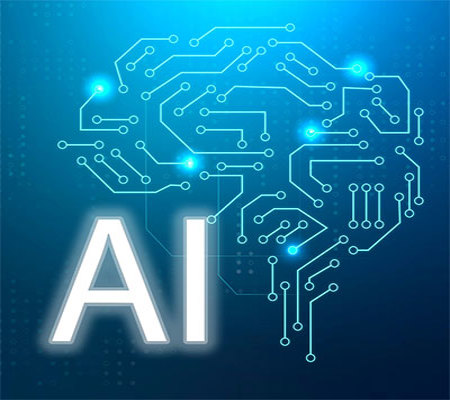What is Artificial Intelligence

What is Artificial Intelligence
Introduction
Artificial Intelligence (AI) is recognized as one of the most advanced technologies in today's world. AI technologies find applications in various industries, including self-driving cars, robots, facial scanners, healthcare, banking services, supply chain optimization, and even content generation in media. AI's impact extends to our daily lives through natural language processing, machine translation, face and image recognition, recommendation systems, and more.
In this blog post, we will explore the fundamental concepts of Artificial Intelligence. From its historical background and definition to the scientific foundations and practical methods, all essential aspects of AI will be examined. Furthermore, we will delve into the practical applications of AI in daily life, its advantages, and the challenges this technology presents.
Part 1: Historical Background and Definition of Artificial Intelligence
1. Historical Background: From early concepts to the recent AI revolution, we will examine the historical journey of Artificial Intelligence through the decades.
2. Definition of Artificial Intelligence: Various definitions of AI, ranging from early experimental and commercial definitions to modern research-based descriptions.
Part 2: Fundamental Concepts of Artificial Intelligence
1. Machine Learning: The principles of machine learning, machine learning algorithms, and their applications in pattern recognition, prediction, and decision-making.
2. Neural Networks: The structure and functioning of artificial neural networks based on the human brain's neural systems.
3. Natural Language Processing (NLP): Key topics in natural language processing and its applications in sentiment analysis, machine translation, question answering, and summarization.
Part 3: Applications of Artificial Intelligence in Daily Life
1. Self-Driving Vehicles: Advancements in AI for self-driving cars and enhancing driving safety.
2. Healthcare Services: The use of AI for disease detection, prevention, and improved treatment management.
3. Smart Banking Services: Leveraging AI for fraud detection, personalized financial recommendations, and customer support.
4. Supply Chain Optimization: Improving manufacturing and distribution processes using AI and the Internet of Things (IoT).
5. Content Generation: AI applications in media content production, such as news articles and music composition.
Part 4: Advantages and Challenges of Artificial Intelligence
1. Advantages of AI: Increased productivity, error reduction, improved service quality, and scientific advancements.
2. Challenges of AI: Ethical, security, behavioral, and human-like aspects of Artificial Intelligence.
Part 5: The Future of Artificial Intelligence
1. Future Outlook: Predictions about the future of AI and its impact on global societies and economies.
2. Transformations and Next Steps: Developments that may occur in AI and the challenges requiring comprehensive and sustainable solutions.
Conclusion
Artificial Intelligence stands as one of the foundational and most sought-after technologies of today's world. With significant advancements in machine learning, neural networks, and natural language processing, AI has made remarkable inroads into our lives. From self-driving vehicles and smart banking services to media content production and improved healthcare, AI has revolutionized various industries and services. Despite its advantages and potentials, AI still poses ethical, security, and human-related challenges that demand ongoing efforts and international collaborations to effectively harness this technology. Given AI's continuous growth, the future holds promising and transformative possibilities, necessitating global efforts to maximize its benefits.